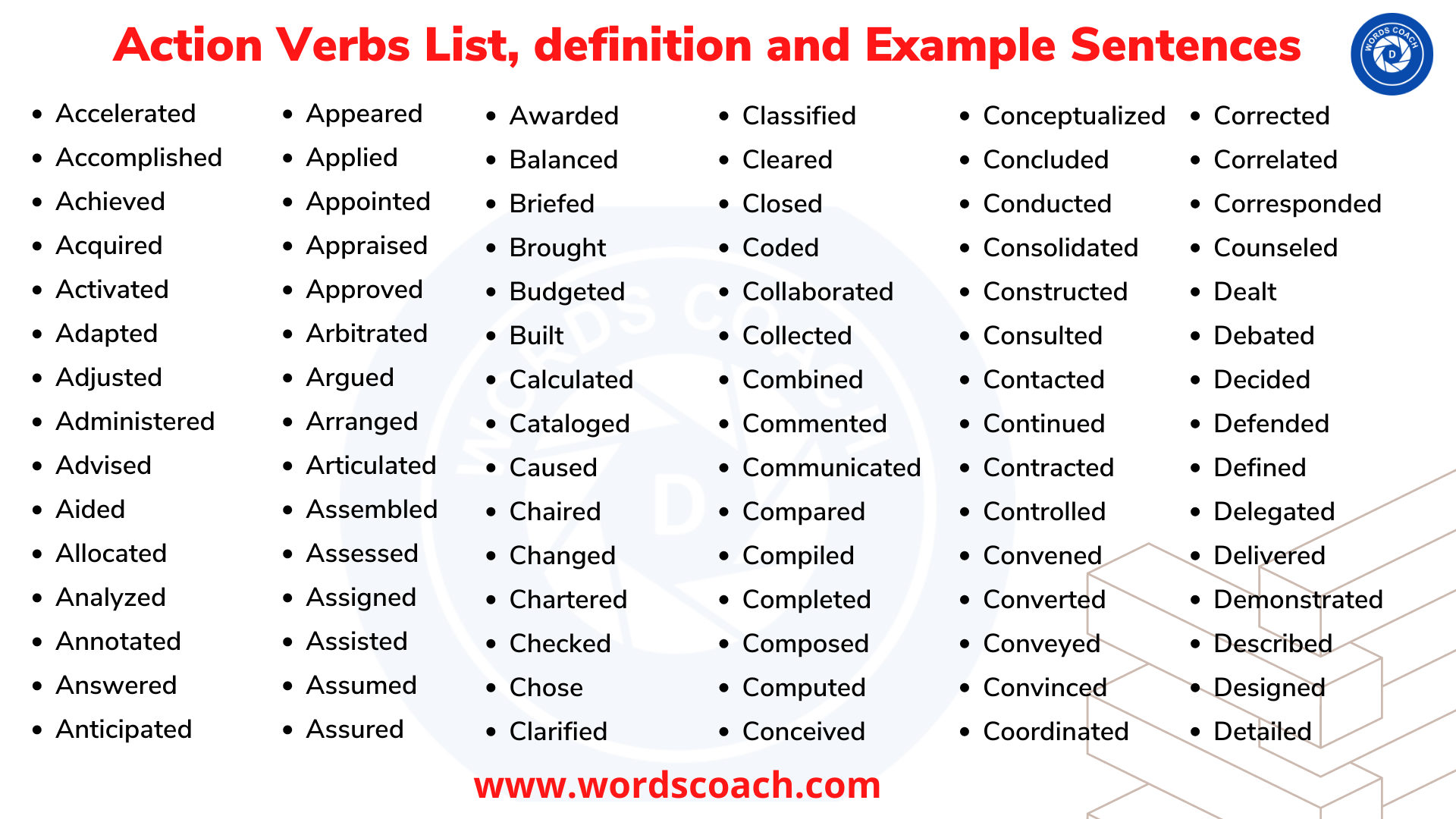Prepositions: Meaning, Definition, Uses and Examples
Ever wondered what those little words flitting between nouns and verbs are all about? Those are prepositions, the unsung heroes of grammar! They might seem insignificant, but prepositions play a crucial role in crafting clear and precise sentences.
What Is a Preposition?
This guide dives deep into the world of prepositions, unraveling their meaning, definition, and various uses. Through clear explanations and engaging examples, you’ll gain a solid grasp on how prepositions establish relationships between words in a sentence. No more confusion about “in,” “on,” “at,” or any other preposition!
Definition of a Preposition
A preposition is a word that shows the relationship between a noun, pronoun, or noun phrase (a group of words that functions as a noun) and another word in the sentence. This “other word” can be a verb, another noun, or an adjective.
Here’s the breakdown:
- Noun: A person, place, thing, or idea (e.g., dog, house, happiness)
- Pronoun: A word that takes the place of a noun (e.g., he, she, it, them)
- Noun Phrase: A group of words functioning as a noun (e.g., the red car, the delicious cake)
- Verb: An action word (e.g., run, jump, eat)
- Adjective: A word that describes a noun or pronoun (e.g., happy, big, blue)
Types of Prepositions
Based on the different uses and functions of prepositions, they can be divided into four main types.
Prepositions of Place:
These prepositions tell us where something is located or positioned relative to another thing.
Examples: at, on, in, above, below, beside, behind, between, under, near, around, through
Sentence Examples:
- The book is on the table.
- The bird flew above the trees.
- We walked between the houses.
Read More: Prepositions of Place
Prepositions of Time:
These prepositions indicate when something happens or for how long.
Examples: on, at, in, during, since, for, before, after, until
Sentence Examples:
- The meeting starts at 10 am. During the summer, we go on vacation. She has lived here since 2020.
Read More: Prepositions of Time
Prepositions of Direction:
These prepositions show the direction in which something moves or points.
Examples: to, from, towards, into, out of, across, along, down, up
Sentence Examples:
- We walked to the park.
- The arrow points up.
- The train is coming from the station.
Read More: Prepositions of Direction
Prepositions of Manner:
These prepositions describe how something is done or happens.
Examples: with, by, in, on, like, according topen_spark
Sentence Examples:
- She painted the picture with a brush. By working hard, you can achieve your goals. He did it in a hurry.
Prepositions of Agent:
These prepositions identify the person or thing that performs an action expressed in a passive voice sentence.
Examples: by, with
Sentence Examples:
- The cake was made by my grandmother. (Passive voice)
- The report was written with a lot of care. (Passive voice)
Read More: Prepositions of Agency
List of Most Popular Prepositions for Everyday Communication
Here’s a list of commonly used prepositions for everyday communication:
| Examples of Prepositions | |||
| On | In front of | To | Along |
| In | Near | For | Around |
| At | Next to | During | By |
| Under | Over | After | Up |
| Above | Across | Before | Down |
| Below | Through | Since | Through |
| Beside | By | Until | Across |
| Between | With | Behind | Toward(s) |
| Among | Without | Inside | Against |
| Behind | From | Outside | Past |
Examples of Prepositions Used in Sentences
- The book is on the table.
- She is in the room.
- We’ll meet at the restaurant.
- The cat is under the table.
- The painting is above the fireplace.
- The box is below the shelf.
- The lamp is beside the bed.
- He sat between Mary and John.
- She is among the top students.
- The car is behind the house.
- The dog is in front of the door.
- The supermarket is near the park.
- The post office is next to the bank.
- The bird flew over the house.
- She lives across the street.
- He walked through the forest.
- The letter was written by him.
- She went to the party with her friends.
- He ate the cake without permission.
- She received a gift from her aunt.
- He went to the market to buy groceries.
- She made a cake for her sister.
- We met during the summer holidays.
- We went for a walk after dinner.
- Please finish your homework before bedtime.
- He has been studying since morning.
- The shop is open until 9 PM.
- The car is behind the house.
- They went inside the house.
- The children are playing outside.
- They walked along the riverbank.
- We walked around the park.
- The book is by the bed.
- She climbed up the stairs.
- He went down the hill.
- The train went through the tunnel.
- He swam across the river.
- They walked towards the station.
- He leaned against the wall.
- The bus drove past the house.
By mastering prepositions, you’ll unlock a new level of clarity and precision in your writing and communication. No more awkward phrasing or confusion about where things go! You’ll be able to express yourself confidently and ensure your message is understood loud and clear.
So, the next time you write a sentence, take a moment to consider the role of prepositions. These tiny words hold immense power in crafting clear and impactful communication.










